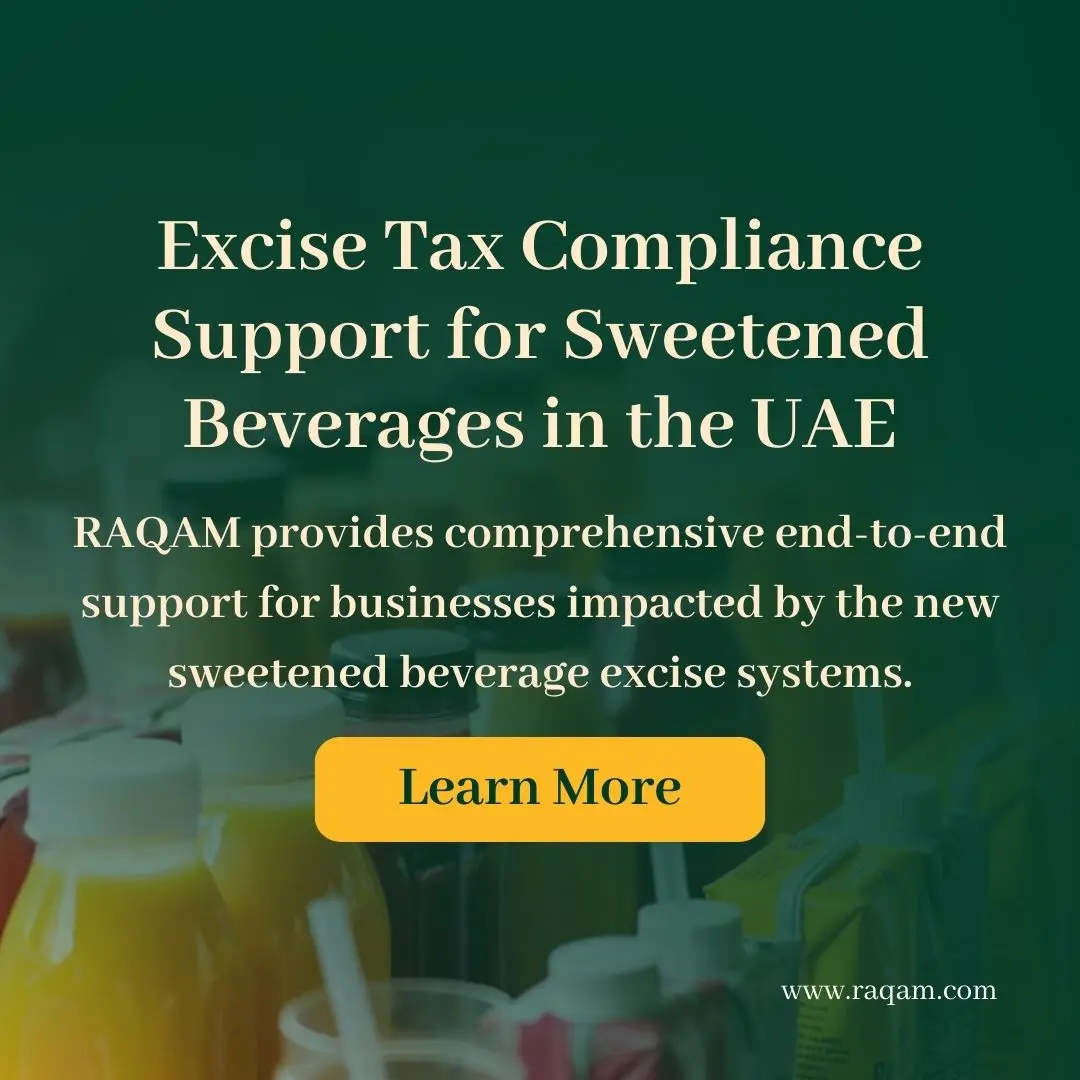
Certification
-
Certifications are necessary to provide assurance to the authorities that your product complies with general requirements or particular regulations. The absence of certain certificates can prevent your product from entering a market or getting recalled or banned after entry. Certifications may be tedious, time-consuming & expensive, but we can help provide the best alternatives to guarantee success and eliminate waste.
Investigating & Auditing
Our team comprises of professionals with certification body experience of approximately 300 man-days in auditing and inspection. Coupled with our experience in consulting for food safety, halal, and other food-related certifications, we are experts in identifying, assessing, and analyzing the problem and its root cause.

Elevate your Business with RAQAM's Quality Assurance Services
Explore our other services

Product Compliance
For a product to enter a market, it should comply to the regulations and conditions of the respective authorities.

Quality Assurance
We provide consultancy to help you achieve any quality-related certification

Regulatory Intelligence
To keep you posted with all changes that may occur in regulations, in the MENA region, and scientific findings.

Advocacy
The regulatory atmosphere is exponentially growing. If a crisis is encountered, we can help.
Frequently Asked Questions
Regulatory quality assurance (RQA) is a systematic approach to ensuring that regulations are effective, efficient, and fair. It is important for businesses in the FMCG industry to have a strong understanding of RQA and how it can be used to protect their interests.
There are several reasons why RQA is important for businesses in the FMCG industry. First, RQA can help businesses to comply with regulations. By understanding the requirements of regulations and developing procedures to meet those requirements, businesses can avoid costly fines and penalties.
Second, RQA can help businesses to identify and mitigate regulatory risks. By identifying potential risks early on, businesses can take steps to avoid or minimize the impact of those risks.
Third, RQA can help businesses to build trust with regulators. By demonstrating a commitment to compliance and a willingness to work with regulators, businesses can build relationships that can be beneficial in the long run.
There are several things that businesses in the FMCG industry can do to improve their RQA practices. First, businesses should develop a clear understanding of the regulations that apply to their industry. Second, businesses should develop procedures to ensure that they comply with those regulations. Third, businesses should train their employees on the importance of RQA and the procedures that have been put in place. Fourth, businesses should communicate regularly with regulators to build trust and cooperation.
By taking these steps, businesses in the FMCG industry can improve their RQA practices and protect their interests.
We are a leading FMCG consultant company that specializes in the MENA (Middle East & North Africa) region and the GCC (Gulf Cooperation Council). We have a team of experienced consultants who can help you to develop and implement a comprehensive RQA program that meets the specific needs of your business. Contact us today to learn more about how we can help you to improve your RQA practices
Regulatory quality assurance (RQA) services are required by a wide variety of industries, including the fast-moving consumer goods (FMCG) industry, like F&B, Cosmetics, pharmaceuticals, medical devices, etc. The FMCG industry is subject to a variety of regulations designed to protect public health, safety, and the environment. RQA services can help FMCG companies to comply with these regulations and to avoid costly fines and penalties.
RQA services can also help FMCG companies to improve their efficiency and effectiveness. By identifying and addressing regulatory risks early on, businesses can avoid costly problems down the road. Additionally, RQA services can help businesses to build trust with regulators and to improve their public image.
If you are an FMCG company in the MENA region or the GCC, you should consider investing in RQA services. RQA services can help you to protect your interests, improve your efficiency, and build trust with regulator
There are many different quality assurance standards that can be applied to FMCG companies in the MENA region. Some of the most common include:
1. ISO 9001: This is the most widely used quality management system (QMS) standard in the world. It provides a framework for organizations to improve their quality management systems and ensure that they meet customer requirements.
2. ISO 13485: This standard is specifically designed for medical device manufacturers. It helps manufacturers to ensure that their products are safe and effective.
3. ISO 14001: This standard is designed to help organizations manage their environmental impact. It provides a framework for organizations to identify, assess, and control their environmental risks.
4. ISO 45001: This standard is designed to help organizations manage their occupational health and safety risks. It provides a framework for organizations to identify, assess, and control their occupational health and safety risks.
5. HACCP: This is a food safety management system that helps to identify and control hazards that could cause foodborne illness.
6. GMP: This is a good manufacturing practice that helps to ensure the quality and safety of products.
7. GLP: This is a good laboratory practice that helps to ensure the quality and reliability of data generated in the laboratory.
8. QSR: This is a quality system requirement that helps to ensure the quality of products and services in the quick service restaurant industry.
These are just a few of the many different quality assurance standards that can be applied to FMCG companies in the MENA region. The best standard for an organization will depend on the specific needs of the organization and the industry in which it operates..
Contact us now
A regulatory quality assurance (RQA) service provider is a company that helps FMCG companies in the MENA region comply with regulations. RQA service providers can help businesses with a variety of tasks, including:
Understanding regulatory requirements: RQA service providers can help FMCG companies in the MENA region understand the regulations that apply to their industry. This includes regulations related to food safety, product labelling, and advertising.
Developing and implementing compliance programs: RQA service providers can help FMCG companies in the MENA region develop and implement compliance programs that meet the requirements of the applicable regulations. This includes programs for food safety, quality control, and environmental management.
Providing training on regulatory compliance: RQA service providers can provide training to FMCG companies in the MENA region on regulatory compliance. This training can cover a variety of topics, such as food safety, product labelling, and advertising.
Conducting audits: RQA service providers can conduct audits to verify that FMCG companies in the MENA region are following the applicable regulations. This includes audits of food safety procedures, quality control systems, and environmental management systems.
Representing businesses before regulators: RQA service providers can represent FMCG companies in the MENA region before regulators in the event of a compliance issue. This can include representing businesses at hearings, negotiating settlements, and providing advice on regulatory matters.
RQA service providers can be a valuable resource for FMCG companies in the MENA region. By working with an RQA service provider, businesses can help to ensure that they are following the applicable regulations and avoid costly fines and penalties.
Here are some of the benefits of working with an RQA service provider for FMCG companies in the MENA region:
Reduced risk of non-compliance: RQA service providers can help FMCG companies in the MENA region to identify and mitigate risks of non-compliance. This can help businesses to avoid costly fines and penalties.
Increased efficiency: RQA service providers can help FMCG companies in the MENA region to streamline their compliance processes and improve their efficiency. This can free up resources that can be used to focus on other aspects of the business.
Improved compliance culture: RQA service providers can help FMCG companies in the MENA region to create a culture of compliance within their organization. This can help businesses to avoid compliance issues in the future.
Peace of mind: RQA service providers can help FMCG companies in the MENA region to sleep soundly knowing that they are in good hands when it comes to regulatory compliance. This can help businesses to focus on other aspects of the business and to grow their business.
If you are an FMCG company in the MENA region, I encourage you to consider working with an RQA service provider. An RQA service provider can be an asset to your business and can help you to achieve and maintain compliance with the applicable regulations.
The process for obtaining regulatory quality assurance for a product or service can vary depending on the industry and the standards involved. Generally, it involves implementing a quality management system, conducting internal audits and assessments, and working with a regulatory quality assurance service provider like RAQAM Consultancy to ensure compliance.
Yes, we can help you with any regulatory inquiry you may have such as technical questions related to your products including but not limited to labelling inquiries and formula inquiries. We have the expertise to do so by referring back to regulations and our contact channels in the authorities.
